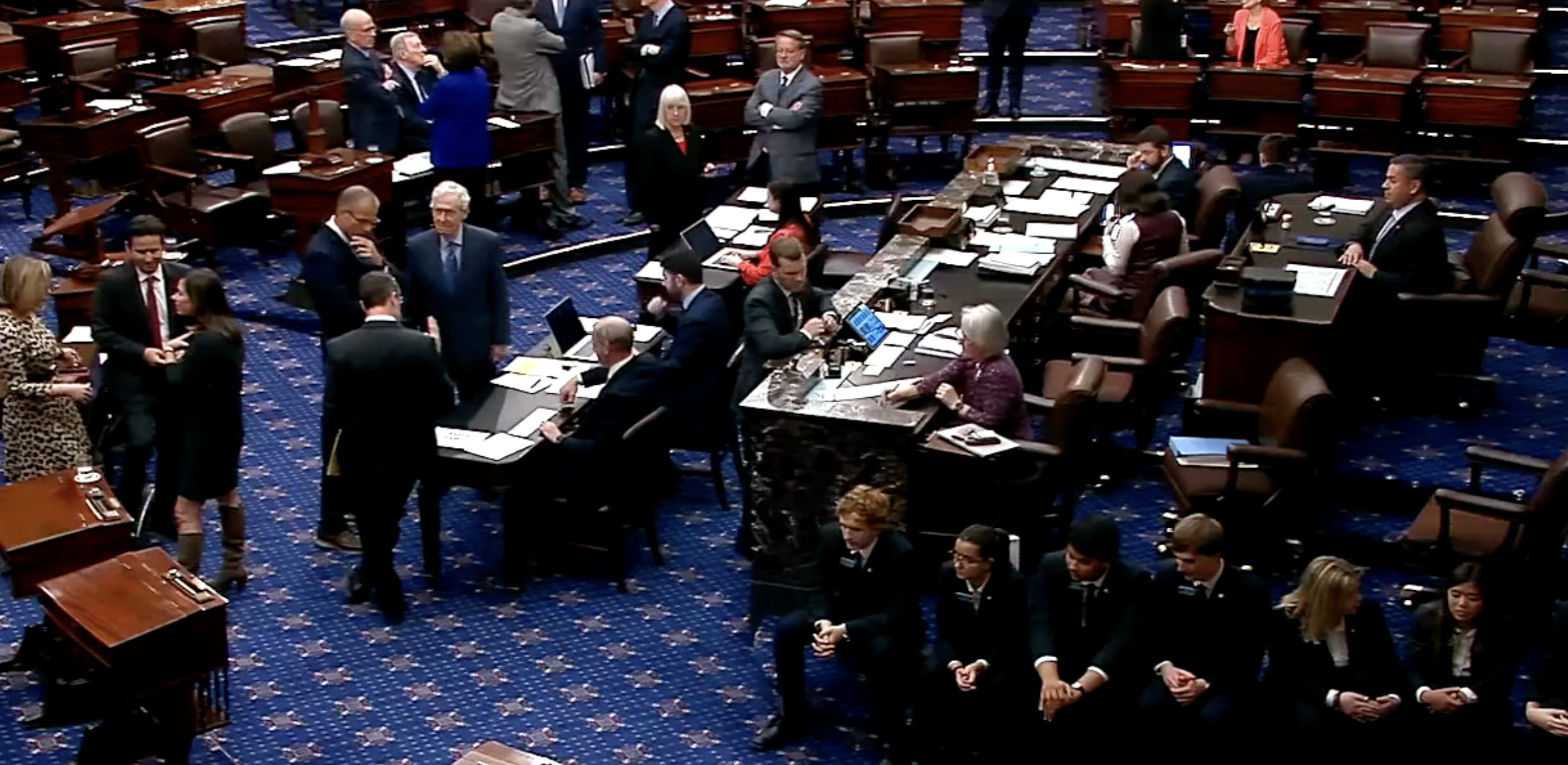WASHINGTON (Diya TV) – The House passed a $95 billion foreign aid package on Saturday, supporting Ukraine, Gaza, Israel, and Taiwan. The package consists of four separate bills that were voted on individually and will be amalgamated into one before being sent to the Senate. The first three bills allocate $60.8 billion to assist Ukraine in its conflict with Russia, $26.4 billion to support Israel, and $8.1 billion to Taiwan. Also included is humanitarian aid for Gaza, a condition demanded by Democrats for their support.
The fourth bill enables the sale of frozen assets of Russian oligarchs to help fund future aid to Ukraine, potentially forcing the sale of TikTok, and authorizing stricter sanctions on Russia, China, and Iran. The House approved the fourth bill on Saturday in a vote of 360 to 58.
The House overwhelmingly approved the aid bill for allies in the Indo-Pacific with a vote of 385 to 34, and the aid for Israel passed with a vote of 366 to 58. More contentious was the vote on aid to Ukraine, which followed months of infighting among House Republicans. Despite significant pushback from some House conservatives, lawmakers voted 311 to 112, with one member voting present, to approve the aid.
The bills aim to provide a comprehensive strategy to support strategic allies and counter common adversaries. Speaker Johnson stated that separating the bills allowed members to vote according to their “conscience” on each one.
In a statement following the House’s passage, Senate Majority Leader Chuck Schumer, a New York Democrat, indicated that the Senate would take up the vote on the package Tuesday. Schumer thanked Johnson and House Minority Leader Hakeem Jeffries “for working together to do the right thing for our country. I know it was a difficult road, but the House is on the right side of history for approving this bill.”
Johnson, a Louisiana Republican, introduced the package earlier this week amid increasing pressure from other congressional leaders and the White House to hold a vote on a similar $95 billion package that passed the Senate in February. The Senate package has sat idle in the House for months as the speaker debated a path forward, facing threats from a small number of Republicans who oppose sending more aid to Ukraine and want border measures.
“We gave our members a voice, we gave them a chance, we gave them a better process, and ultimately, a much better policy,” Johnson told reporters after the votes on Saturday, highlighting improvements from the Senate’s foreign aid package.




